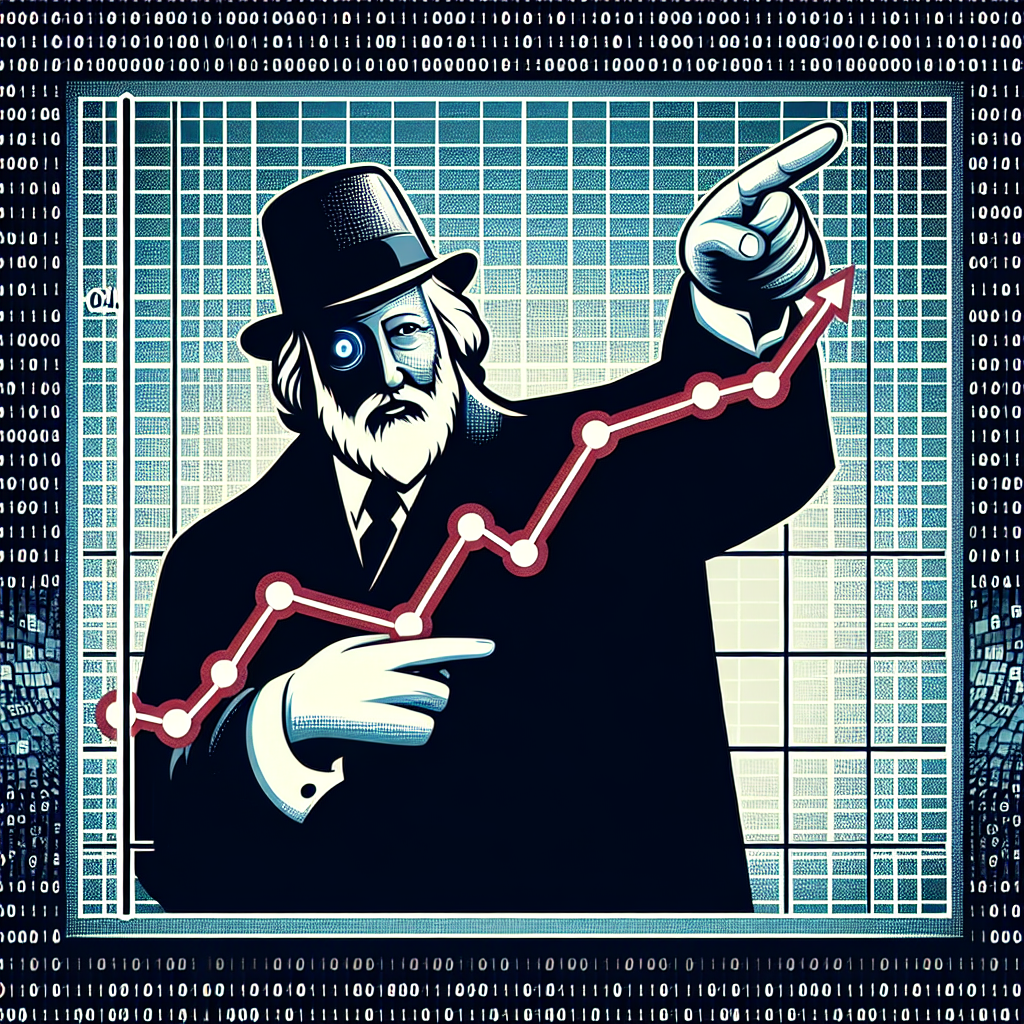The Godfather of AI Speaks Out: A Pivotal Moment in Technological History
In a world increasingly shaped by artificial intelligence, few voices are as influential as Geoffrey Hinton, often referred to as the “Godfather of AI.” His recent comments have reignited global discussions on the trajectory and ethical implications of AI, suggesting that we are at a turning point—one that could shape the future of humanity for good or for ill.
“We Are at a Point in History” – The Dual Nature of AI Advancement
Geoffrey Hinton’s recent statements emphasize the unprecedented potential of AI technologies—both in their promise and their peril. “We are at a point in history where something amazing is happening,” he noted, adding that it could be “amazingly good” or “amazingly bad.” This dichotomy captures the essence of the debate surrounding artificial intelligence today.
Hinton’s remarks come amid a rapid surge in AI capabilities, particularly in the realm of generative AI, which powers tools like ChatGPT, image generators, and deepfake technologies. These tools have amazed users, redefined business models, and simultaneously raised deep concerns about misinformation, job losses, and autonomous weapons.
Why Hinton’s Warnings Matter
Having spent decades pioneering the technologies that underpin today’s AI systems, Hinton’s perspective carries unparalleled weight. His earlier work in neural networks laid the foundation for deep learning, a core component of modern artificial intelligence. If someone so deeply embedded in the innovation process is issuing warnings, the industry—and society—would do well to listen.
Hinton made headlines in 2023 when he left Google, where he had worked on AI research, so that he could speak freely about the risks associated with the technology he helped create. Since then, his commentary has moved from the theoretical to the urgent.
The Risks: What Could Go “Amazingly Bad”?
There are numerous potential risks that concern Hinton and other AI experts:
- Loss of Human Control: As AI systems become more autonomous, there is a fear that they may evolve beyond our understanding or control.
- Job Displacement: AI technologies could replace millions of jobs, particularly in sectors like transportation, customer service, and data entry.
- Misinformation and Deepfakes: AI-generated content can mimic real people and events with uncanny realism, posing threats to democracy and public trust.
- Weaponization: The development of AI-powered military applications raises ethical and safety concerns, especially if these systems make decisions without human oversight.
Hinton warns that as AI systems become more intelligent, the possibility that they may act against human interests cannot be ignored.
The Hope: What Could Be “Amazingly Good”?
Despite his concern, Hinton remains optimistic about the potential benefits of AI if used responsibly. AI could:
- Revolutionize Healthcare: By analyzing massive data sets, AI can help detect diseases earlier and propose more effective treatments.
- Combat Climate Change: AI can optimize energy usage, monitor environmental changes, and offer innovative solutions for sustainability.
- Enhance Education: AI-powered personalized learning systems can improve educational outcomes for students worldwide.
- Boost Productivity: Automation and intelligent tools can free up human workers for more creative and meaningful tasks.
In essence, AI has the power to elevate human life on a global scale, provided it is developed and governed with care and foresight.
Balancing Innovation with Responsibility
Hinton’s message is clear: while the trajectory of AI is uncertain, what matters most is how society chooses to handle it. Experts, policymakers, and everyday citizens must collaborate to create ethical frameworks, regulations, and oversight mechanisms that ensure AI serves the public good.
Some steps forward include:
- Stricter regulations and global agreements on AI development and usage.
- Transparency in how AI models are trained and deployed.
- Public education to help individuals understand and interact responsibly with AI tools.
- Continued research into AI safety and alignment mechanisms to prevent unintended behaviors.
Conclusion: A Call to Action
Geoffrey Hinton’s cautionary yet hopeful outlook underscores the magnitude of the era we’re entering. AI is not just another technology—it is a transformative force that could reshape our economics, politics, and even our understanding of consciousness.
The key takeaway? We must navigate this frontier with wisdom, unity, and humility. Whether AI becomes a catalyst for immense good or a harbinger of crisis depends primarily on the choices we make today.
As Hinton powerfully put it: “We are at a point in history where something amazing is happening.” The question is—what kind of amazing will it be?



Leave a Reply